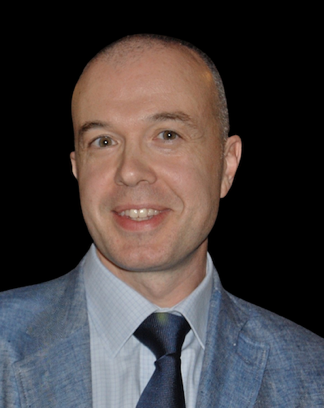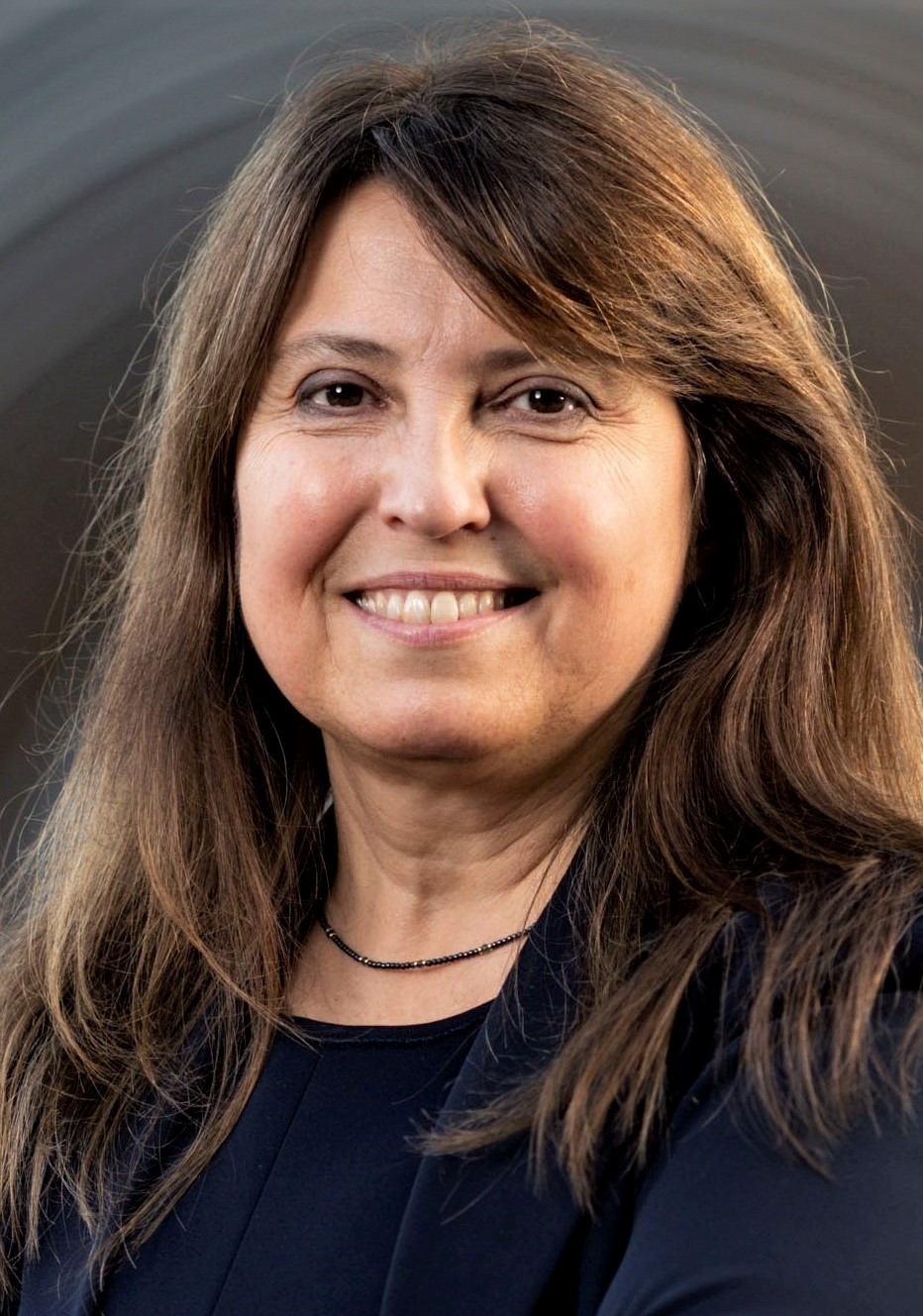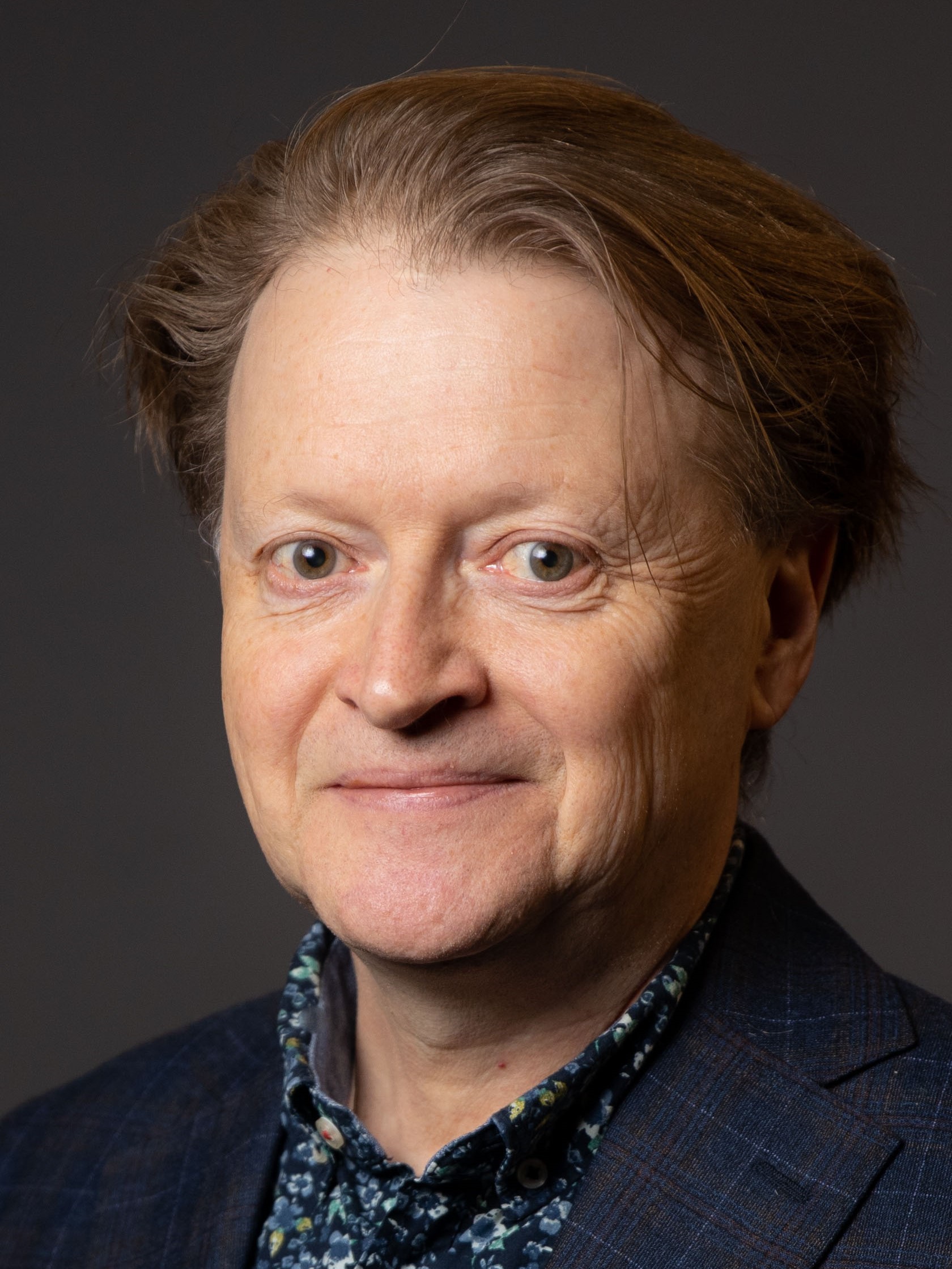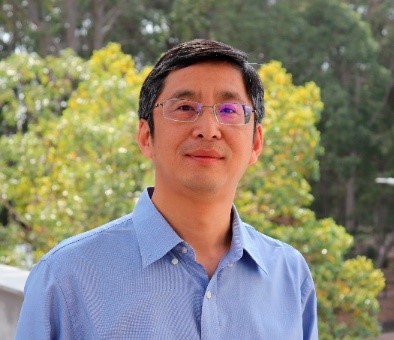Need Help?
Announcements
9 June 2022
2021 CiteScores - Released

The 2021 citation metrics have been officially released in Scopus!
We are pleased to announce that 182 MDPI journals are included, of which:
● 21 journals received their first CiteScore.
● 85% of journals increased their CiteScore from 2020.
● 155 journals (85%) ranked above average, in at least one category.
The following 65 MDPI journals (36%) ranked among the top 25% of journals, in at least one category:
|
Journal |
CiteScore |
Quartile |
Category |
|
10.1 |
Q1 |
Genetics |
|
|
10.0 |
Q1 |
Biomedical Engineering |
|
|
8.1 |
Q1 |
Pharmacology, Toxicology and Pharmaceutics (miscellaneous) |
|
|
7.9 |
Q1 |
Electrical and Electronic Engineering |
|
|
7.9 |
Q1 |
Nutrition and Dietetics |
|
|
7.4 |
Q1 |
General Earth and Planetary Sciences |
|
|
7.2 |
Q1 |
Computer Science Applications |
|
|
6.9 |
Q1 |
Inorganic Chemistry |
|
|
6.9 |
Q1 |
Computer Networks and Communications |
|
|
6.7 |
Q1 |
General Biochemistry, Genetics and Molecular Biology |
|
|
6.6 |
Q1 |
General Chemical Engineering |
|
|
6.6 |
Q1 |
Health, Toxicology and Mutagenesis |
|
|
6.6 |
Q1 |
Infectious Diseases |
|
|
6.5 |
Q1 |
Food Science |
|
|
6.5 |
Q1 |
Civil and Structural Engineering |
|
|
6.4 |
Q1 |
Nature and Landscape Conservation |
|
|
6.4 |
Q1 |
Instrumentation |
|
|
6.1 |
Q1 |
Management Information Systems |
|
|
5.9 |
Q1 |
Chemistry (miscellaneous) |
|
|
5.7 |
Q1 |
Polymers and Plastics |
|
|
5.6 |
Q1 |
Engineering (miscellaneous) |
|
|
5.5 |
Q1 |
General Environmental Science |
|
|
5.5 |
Q1 |
Urban Studies |
|
|
5.4 |
Q2 |
Computer Networks and Communications |
|
|
5.3 |
Q1 |
Food Science |
|
|
5.3 |
Q1 |
Plant Science |
|
|
5.2 |
Q1 |
Ecology, Evolution, Behavior and Systematics |
|
|
5.2 |
Q1 |
General Engineering |
|
|
Journal of Open Innovation: Technology, Market, and Complexity |
5.1 |
Q1 |
Development |
|
5.0 |
Q1 |
Chemistry (miscellaneous) |
|
|
5.0 |
Q1 |
Control and Optimization |
|
|
5.0 |
Q1 |
Geography, Planning and Development |
|
|
5.0 |
Q1 |
Geography, Planning and Development |
|
|
4.9 |
Q1 |
Forestry |
|
|
4.9 |
Q1 |
Control and Optimization |
|
|
4.9 |
Q1 |
Soil Science |
|
|
4.8 |
Q1 |
General Earth and Planetary Sciences |
|
|
4.8 |
Q1 |
Mechanical Engineering |
|
|
4.8 |
Q1 |
Public Health, Environmental and Occupational Health |
|
|
4.8 |
Q1 |
Geography, Planning and Development |
|
|
International Journal of Environmental Research and Public Health |
4.5 |
Q1 |
Public Health, Environmental and Occupational Health |
|
4.5 |
Q1 |
Physical Therapy, Sports Therapy and Rehabilitation |
|
|
4.4 |
Q1 |
Mathematical Physics |
|
|
4.4 |
Q1 |
General Medicine |
|
|
4.3 |
Q1 |
General Mathematics |
|
|
4.2 |
Q1 |
Surgery |
|
|
4.1 |
Q1 |
Health Professions (miscellaneous) |
|
|
4.1 |
Q1 |
Plant Science |
|
|
4.0 |
Q1 |
General Engineering |
|
|
4.0 |
Q1 |
Forestry |
|
|
4.0 |
Q1 |
Education |
|
|
3.9 |
Q1 |
General Pharmacology, Toxicology and Pharmaceutics |
|
|
3.9 |
Q1 |
Applied Mathematics |
|
|
3.8 |
Q1 |
Development |
|
|
3.8 |
Q1 |
Architecture |
|
|
3.8 |
Q1 |
Metals and Alloys |
|
|
3.5 |
Q1 |
Communication |
|
|
3.4 |
Q1 |
General Social Sciences |
|
|
2.9 |
Q1 |
General Mathematics |
|
|
2.8 |
Q1 |
Analysis |
|
|
2.7 |
Q1 |
General Veterinary |
|
|
2.6 |
Q1 |
Algebra and Number Theory |
|
|
1.8 |
Q1 |
Conservation |
|
|
1.0 |
Q1 |
Religious Studies |
|
|
0.9 |
Q1 |
Philosophy |
Source: 2021 CiteScores™ (Elsevier)
27 April 2022
Welcoming Prof. Dr. Andrea D’Ambrogio to the Editorial Board of Software

Prof. Dr. Andrea D'Ambrogio is an Associate Professor of software and systems engineering at the Department of Enterprise Engineering of the University of Roma “Tor Vergata” (Italy).
He has formerly been an Assistant Professor of computer science at the Faculty of Engineering of the University of Roma "Tor Vergata", a Research Associate at the Concurrent Engineering Research Center of West Virginia University (USA), a Member of the software engineering research staff at the Department of Computer Science, Systems and Production of the University of Roma "Tor Vergata", and a System Manager of the department's Software Laboratory. He is the Director of the postgraduate master’s degree program in "Systems Engineering", established at the University of Roma "Tor Vergata" in 2012.
Prof. Dr. Andrea D'Ambrogio's research interests are in the software and systems engineering field, specifically in the areas of systems and software performance as well as dependability engineering, model-driven systems and software engineering, business process management, and distributed simulation. In such areas he has participated in several projects at both European and overseas levels, and has authored more than 150 journal/conference papers.
He has been the General Chair of the 2019 Spring Simulation Conference (SpringSim'19), the 2018 Summer Simulation Multi-Conference (SummerSim'18), the 49th Summer Computer Simulation Conference (SCSC 2017), the SCS/ACM/IEEE International Symposium on Theory of Modeling & Simulation (TMS 2014), and the IEEE International Conference on Enabling Technologies: Infrastructure for Collaborative Enterprises (WETICE 2008). He has served as a Program Chair and/or Member of the Steering and Program Committee of various international conferences, including IEEE WETICE, SCS/ACM SpringSim, SCS/ACM SummerSim, IEEE/ACM PADS, IEEE/ACM DS-RT, and the INFORMS/ACM Winter Simulation Conference. He started the IEEE International Workshop on Collaborative Modeling and Simulation (CoMetS) in 2010 and the SCS/ACM International Symposium on Model-driven Approaches for Simulation Engineering (Mod4Sim) in 2011.
Prof. Dr. Andrea D'Ambrogio is an Associate Editor of the Transactions of the Society for Modeling & Simulation International (SIMULATION), a Member of the Editorial Board of the IAENG International Journal of Computer Science (IJCS) and MDPI’s Modelling, and has been a Member of the Editorial Board of the Simulation Practice and Theory (SIMPAT). He has been a Member of the Scientific Board of the ICT COST Action on “Multi Paradigm Modelling for Cyber Physical Systems” (MPM4CPS). He is the President-Elect and a Member of the Board of Directors of the Society for Modeling & Simulation International (SCS), and is a Member of IEEE, IEEE Computer Society, ACM, and INCOSE. He is also the Director of Academic Affairs of the Italian Association of Systems Engineering—INCOSE Italy Chapter (AISE).
We warmly welcome Prof. Dr. Andrea D’Ambrogio to the Editorial Board of Software (ISSN: 2674-113X), and we look forward to his contributions to the continued success of the journal.
13 April 2022
Software Releases Its Inaugural Issue
We are pleased to announce that the journal Software (ISSN 2674-113X) has just released its inaugural issue.
Software (ISSN 2674-113X) is an international, peer-reviewed, open access journal on all aspects of software engineering published online quarterly by MDPI. The main subject areas include software requirements, design, architecture, development, testing, verification, security, privacy, programming languages, code assessment, software tools, software business, software platforms, etc.
You can read our aims and scope to learn more about Software. To see the full list of Editorial Board Members, please click here.
Highly Accessed Papers
- “A Framework for Rapid Robotic Application Development for Citizen Developers”
Konstantinos Panayiotou, Emmanouil Tsardoulias, Christoforos Zolotas, Andreas L. Symeonidis and Loukas Petrou
Software 2022, 1(1), 53-79; doi:10.3390/software1010004
- “The MESSIR Flexible Scientific Approach to Requirements Engineering”
Nicolas Guelfi
Software 2022, 1(1), 80-106; doi:10.3390/software1010005
- “Athlos: A Framework for Developing Scalable MMOG Backends on Commodity Clouds”
Nicos Kasenides and Nearchos Paspallis
Software 2022, 1(1), 107-145; doi:0.3390/software1010006
To access all the latest papers published in Software please see here.
Why Submit to Software?
- Open Access—Free to download, share, and reuse content;
- Rapid Publication—First decisions in 15 days and acceptance for publication in 3 days, median values for papers published in this journal in the first half of 2021;
- Recognition of Reviewers—APC discount vouchers, optional signed peer review, and reviewer names published annually in the journal;
- No Space Constraints, No Extra Space or Color Charges—No restriction on the length of the papers, number of figures, or colors.
Software Editorial Office
17 February 2022
Welcoming Prof. Dr. Tiziana Margaria to the Editorial Board of Software
We are pleased to announce that Prof. Dr. Tiziana Margaria has joined Software (ISSN: 2674-113X) as an Editorial Board Member.

Prof. Dr. Tiziana Margaria is the Chair of Software Systems at the Department of Computer Science and Information Systems, University of Limerick. She is the Course Director and program co-director of the brand-new Immersive Software Engineering integrated B.Sc./M.Sc. program at UL. She leads research and education in advanced software systems and explainable AI. Her work spans from formal method-based approaches for high-assurance software in Lero, to the end-to-end interoperability of heterogeneous computing systems in advanced manufacturing in Confirm, and software solutions for rigorous and explainable AI and ML in the Centre of Research Training in AI. She co-leads and applies integrated healthcare in the UL Cancer Network and the Limerick Digital Cancer Research Centre. She is a Fellow and currently the Vice President of the Irish Computer Society, Vice President of the IFIP Working Group on Design and Engineering of Electronic Systems, and past President of the European Association for Software Science and Technology.
8 February 2022
Welcoming Prof. Dr. Anna Rita Fasolino to the Editorial Board of Software
We are pleased to announce that Prof. Dr. Anna Rita Fasolino has joined Software (ISSN: 2674-113X) as an Editorial Board Member.

Prof. Dr. Anna Rita Fasolino is an Associate Professor at the Department of Electrical Engineering and Information Technology at the University of Napoli Federico II, Italy.
Her research interests are focused on software engineering with an emphasis on software testing, GUI and mobile app testing, reverse engineering, web engineering, and embedded software engineering. She has developed and participated in numerous R&D projects and co-authored more than 100 articles published in IEEE/ACM international journals, books, proceedings of conferences, and workshops.
In recent years, Prof. Dr. Fasolino has served as a member of the program committee and collaborated in the organization of many international conferences, including IEEE ICST—International Conference on Software Testing, Verification, and Reliability, IEEE ICSE—International Conference on Software Engineering, IEEE INTUITEST, and IEEE INTUITESTBEDS. She is an Editorial Board Member of several scientific journals in this field, including the Journal of Systems and Software, Array, PeerJ Computer Science, and MDPI Computers.
Prof. Dr. Fasolino’s research and publications have received many citations in the research community, including at least 4900 Google Scholar citations and 2500 citations on Scopus. She has been granted distinguished awards at IEEE CSM 2002 and ICSM 2012 conferences for her work on web testing and automated mobile app GUI testing.
8 February 2022
Welcoming Prof. Dr. Welf Löwe to the Editorial Board of Software
We are pleased to announce that Prof. Dr. Welf Löwe has joined Software (ISSN 2674-113X) as an Editorial Board Member.

Prof. Dr. Welf Löwe (http://welf.se/) is the head of research in Computer Science at Linnaeus University (Lnu, https://lnu.se/), Sweden.
He studied computer science at TU Dresden, Germany, and received a Ph.D. degree in computer science from TH Karlsruhe, Germany, before he became a full professor at Lnu in 2002.
His research addresses software analysis and building technologies including Big Data and AI, quality assessment of software and technical documentation, design pattern detection and architecture recovery for software comprehension, context-aware composition and parallelization for software optimization, and garbage collection and pointer analysis as foundations.
He is the founder and director of the Linnaeus university center for “Data Intensive Sciences and Applications” (DISA, https://lnu.se/en/disa), a research excellence center at Lnu. It focuses on research related to multidisciplinary Big Data and AI in engineering, sciences, and the humanities. He also directs an affiliated industry graduate school (DIA, https://lnu.se/en/dia) for applied research in these fields.
He is a member and currently the secretary of the IFIP working group 2.4 "Software Implementation Technology".
He is a co-founder of several companies that commercialize relevant research results including Softwerk (https://softwerk.se/) building advanced software systems and compilers, DueDive (https://duedive.com/) analyzing IT companies and their software, and Aimo (https://aimo-fit.com/) applying computer-vision-based movement analyses.
30 January 2022
Welcoming Prof. Dr. Manuel Mazzara to the Editorial Board of Software
We are pleased to announce that Prof. Dr. Manuel Mazzara has joined Software (ISSN 2674-113X) as an Editorial Board Member.

Prof. Dr. Manuel Mazzara is a professor of Computer Science at Innopolis University (Russia) with a research background in Software Engineering, Service-Oriented Architecture, concurrency theory, formal methods, and software verification. He published many relevant and highly cited papers, in particular in the field of Service Engineering and Software Architectures. Manuel received a Ph.D. in computing science from the University of Bologna, Italy, and has collaborated with European and US industries, plus governmental and inter-governmental organizations such as the United Nations, always at the edge between science and software production. The work conducted by Dr. Mazzara and his team in recent years focuses on the development of theories, methods, tools, and programs covering the two major aspects of Software Engineering: the process side, related to how we develop software, and the product side, concerning the results of this process.
Currently, Dr. Mazzara is the director of the Institute of Software Development and Engineering and the Head of the International Cooperation Office at Innopolis University.
30 January 2022
Welcoming Prof. Dr. Kari Smolander to the Editorial Board of Software
We are pleased to announce that Prof. Dr. Kari Smolander has joined Software as an Editorial Board Member.

Kari Smolander is a Professor of Software Engineering at the School of Engineering Science, LUT University, Finland, and an Adjunct Professor in the Department of Computer Science, Aalto University, Finland. He is the Head of the Software Engineering Department at LUT University, which is a major research and education unit of Software Engineering in Finland, with 60 researchers in the area. He has a Ph.D. (2003) in Computer Science from LUT University and a Licentiate (1993) from the University of Jyväskylä, Finland. He has also worked in the Finnish software industry and has built software products for the global market.
Kari Smolander has published more than 200 refereed research papers in international journals and conferences, with more than 5200 citations in Google Scholar. He has served as a program chair in various workshops and conferences, such as EuroSPI, ICSOB and IWSIB, and a committee member in tens of different conferences. He has supervised 17 doctors in Software Engineering and related areas. In addition, he has received five best paper awards from conferences and journals.
Kari Smolander’s current research interests include change in software and systems development practices and organizations. He is especially interested in how people work together to understand and build extremely complex artifacts, such as software and information systems. His recent research projects have concentrated on software-based platforms, ecosystems and integrations between systems and platforms. He has specialized in qualitative research in Software Engineering.
30 January 2022
Welcoming Prof. Dr. Claus Pahl to the Editorial Board of Software
We are pleased to announce that Prof. Dr. Claus Pahl has joined Software as an Editorial Board Member.

Claus Pahl is a Full Professor of software engineering at the Free University of Bozen-Bolzano, Italy, and the Dean of the Faculty. He received an M.Sc. degree in Computer Science from the Technical University of Braunschweig and a Ph.D. in Computer Science from the University of Dortmund. He has held academic positions at Dublin City University, the University College Cork, Trinity College Dublin and the Technical University of Denmark before taking up his position in Bolzano. He has been a visiting researcher and guest professor at universities in Oldenburg (Germany), Edinburgh (UK) and Shenyang (China).
From 2013 to 2016, he was the Principal Investigator and Cloud Architecture Area Leader of the Irish Centre for Cloud Computing and Commerce IC4, a National Technology Centre that is operated between 3 universities and works together with more than 40 industry members. He has been involved as a member of the Executive Board for Lero, the Irish Software Research Centre (a National Research Centre with more than 150 researchers working across 7 universities) and acted as Director of the CloudCORE Cloud Computing Research Centre.
His research interests lie in the software engineering field, specifically focusing on software architecture. Service engineering and cloud/IoT architectures have served as a specific application context for his architecture research—looking into migration, architecture specification, dynamic quality and performance engineering. Currently, he works on the H2020 project 5G-CARMEN, where he investigates performance engineering aspects for edge cloud architectures.
He has published more than 300 journal and conference papers including all top cloud publications; has an h-index of 50 (according to Google Scholar) with more than 8000 citations; has chaired many international conferences in the software engineering and cloud technologies context, such as IEEE ECOWS, ICSOC, SOFSEM or CLOSER; and has been on seven journal editorial boards. He has been awarded more than EUR 5.5 million in research funding from national and international sources, involving both industry and academia. He has participated in the conference organisation of more than 150 events and has reviewed more than 35 journals. He has been an evaluator for research and innovation projects in nine countries across Europe, North America and Asia, and has reviewed many FP7 and H2020 projects for more than a decade. He has been an invited speaker and a panellist at events such as CLOSER, NC4, SE-CLOUD, WEBIST, ESOCC and HEANEt.
27 January 2022
Welcoming Dr. Hongyu Zhang to the Editorial Board of Software
We are pleased to announce that Dr. Hongyu Zhang has joined Software (ISSN: 2674-113X) as an Editorial Board Member.

Hongyu Zhang is currently an Associate Professor at The University of Newcastle, Australia. Previously, he was the Lead Researcher at Microsoft Research Asia and Associate Professor at Tsinghua University, Beijing, China. He received his Ph.D. degree from the National University of Singapore in 2003. His research is in the area of Software Engineering, in particular, intelligent software engineering, software analytics, maintenance, and reuse. The main theme of his research is to improve software quality and developer productivity by mining software data. He has published more than 180 research papers in reputable international journals and conferences and received four ACM Distinguished Paper awards. He has served as a program committee member/track chair for more than 80 software engineering conferences. He is general co-chair of ICSME 2020 and Associate Editor of the journal Automated Software Engineering. He was recognized as one of the world’s top 20 most prolific Software Engineering researchers (2013–2020) according to an independent Elsevier bibliometric assessment. He is a Distinguished Member of ACM, a Distinguished Member of CCF, a senior member of IEEE, and a Fellow of Engineers Australia (FIEAust). More information about him can be found at https://sites.google.com/site/hongyujohn.


